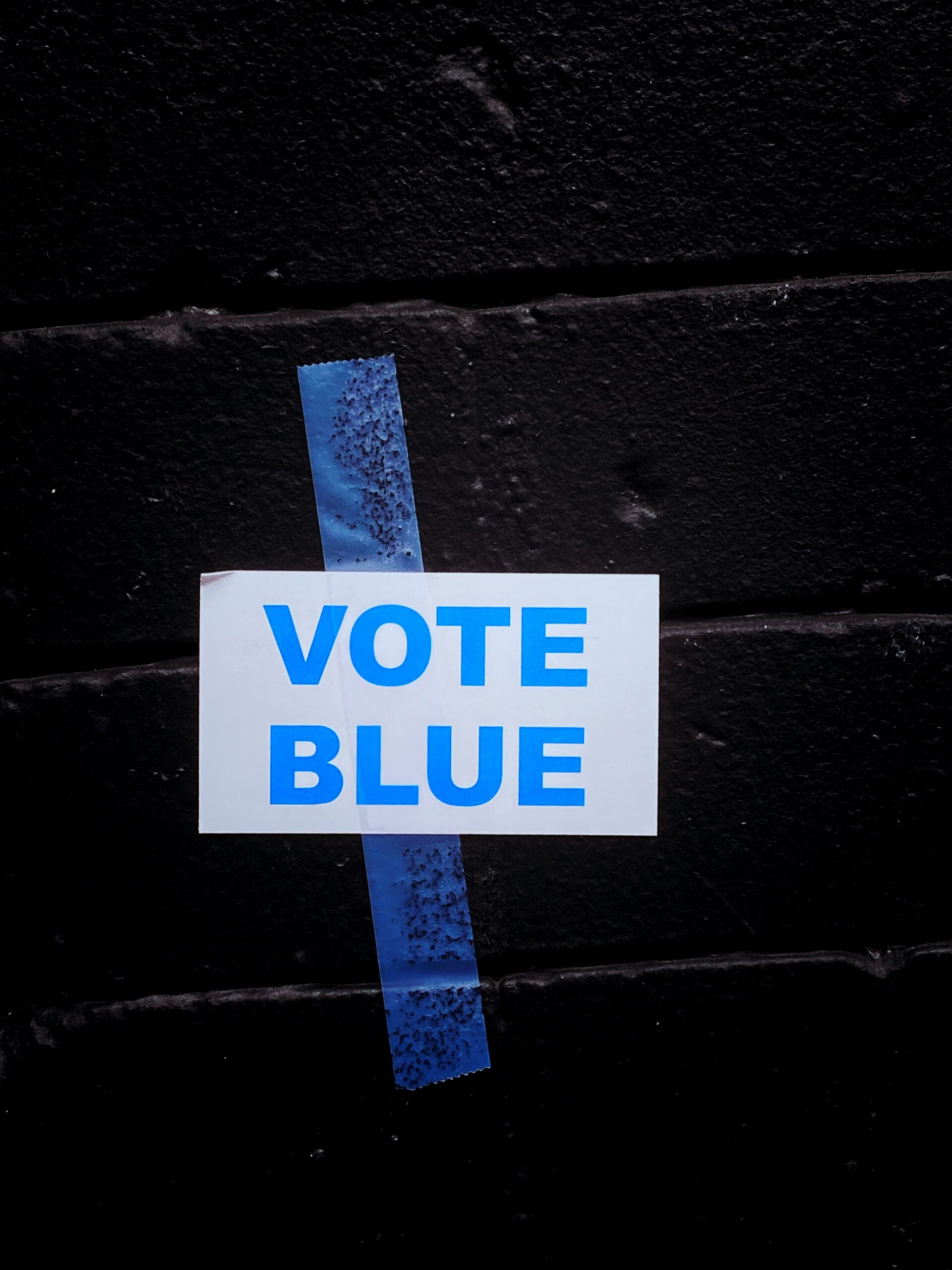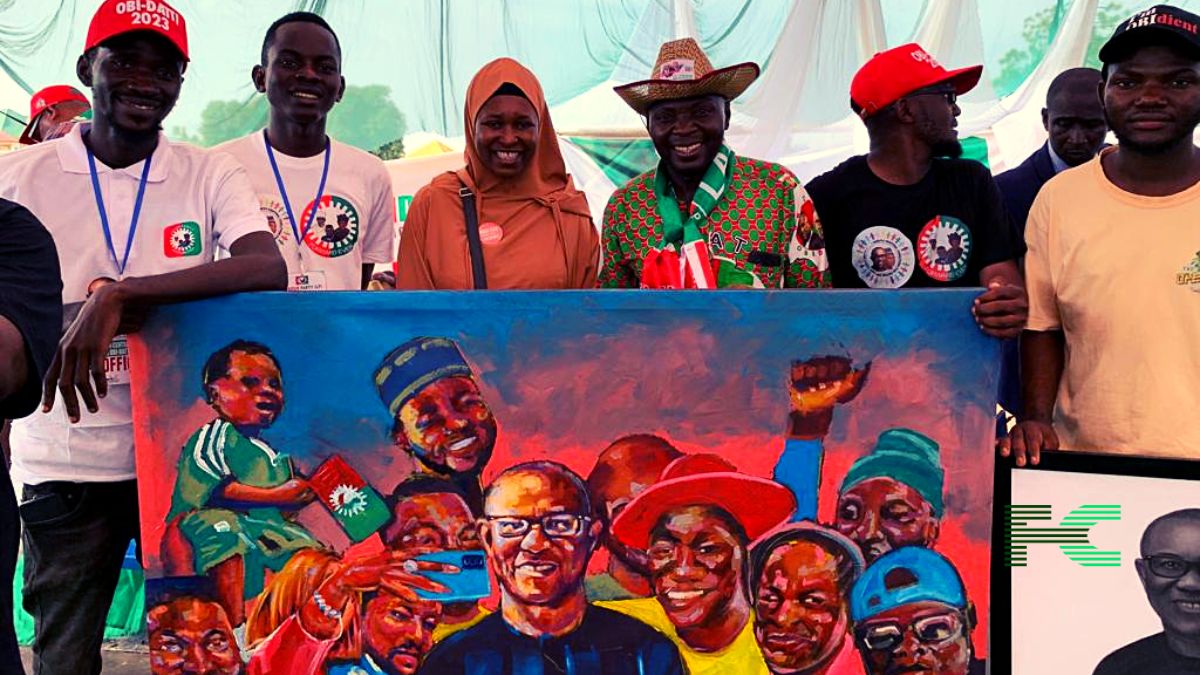It looks like some Republicans are not waiting for the next election to fight their political battles. Across several southern states, party leaders are already preparing to redraw congressional maps that could wipe out many Democratic seats if the Supreme Court weakens the Voting Rights Act. It is a bold, calculated move that shows how far some are willing to go to secure permanent power.
A Legal Door Waiting to Be Opened
The entire plan hinges on a case currently before the Supreme Court. The court is reviewing Section 2 of the Voting Rights Act, which has protected majority Black and other minority districts for decades. These districts often elect Democrats, and many Republicans have long complained that the law unfairly benefits their opponents. If the court rules to weaken or strike down this section, states will be free to redraw their maps however they please.

The timing could not be worse for Democrats. With midterm elections approaching, the possibility of a court decision coming before then has already sparked quiet preparation in Republican-led states. Some are openly discussing how quickly they can act once the ruling is announced. Others are quietly drawing up potential maps behind closed doors.
The South Leads the Charge
In South Carolina, the hunger for change is almost open celebration. Lieutenant Governor Pamela Evette, who is running for governor, recently said she would “love a clean sweep,” referring to the removal of the state’s only Democratic representative, Jim Clyburn. Her opponent, Congressman Ralph Norman, also a Republican, said he does not see a reason to wait for the court’s ruling before redrawing.
In Florida, Governor Ron DeSantis is again positioning himself as a political architect of Republican dominance. He argues that if the court says race cannot be considered when drawing districts, it will “necessitate new congressional redistricting.” That means districts with large Black or Hispanic populations which typically vote Democrat, could be split apart or merged with Republican-heavy areas. The result would be predictable: fewer Democrats in Congress, more Republican control.
Louisiana is also moving in anticipation. Governor Jeff Landry has already called a special session to shift the state’s primary dates, giving lawmakers more time to pass new maps once the Supreme Court decides.
A Court That Has Already Shown Its Hand
The conservative justices on the bench have made no secret of their skepticism toward the Voting Rights Act. Justices Clarence Thomas, Samuel Alito, and Neil Gorsuch have all questioned the constitutionality of using race in drawing political districts. Their stance suggests that the coming ruling could be a devastating blow to the protections that have preserved minority representation for decades.
If that happens, the door will swing wide open for states to redraw lines under the guise of fairness, when in truth it is about political advantage. Republicans would not just win elections — they would reshape the very ground on which those elections are fought.
The Attack on Representation
Democrats are furious, and rightly so. The National Democratic Redistricting Committee has warned that many southern states are “licking their chops” in anticipation of this ruling. They say this is not just about politics, but about silencing the voices of Black voters and minority communities who fought for generations to have representation.

By redrawing these maps, Republicans would effectively erase entire communities from political relevance. It is not just about numbers, it is about erasing histories, identities, and the struggles that gave rise to the Voting Rights Act in the first place.
Florida’s Power Play
Florida is perhaps the most glaring example of how politics has replaced fairness. Governor DeSantis already redrew the map in 2022, giving Republicans a strong 20–8 edge. The state’s Supreme Court, stacked with DeSantis appointees, later upheld those maps despite clear evidence that they reduced Black representation. Now, with another potential redraw on the horizon, the game is starting all over again.
State House Speaker Daniel Perez has already approved the formation of a committee to prepare for new boundaries. If the court rules in time, Florida could push through another redistricting before the 2026 midterms. It would be a political coup dressed up as legal reform.
What Happens Next
Even if the court delays its decision until the summer, Republican strategists are already discussing ways to buy time, like moving back primary elections to allow redrawing before the midterms. This kind of manipulation shows the party’s determination to lock in power by any means necessary.
The White House, on the other hand, is struggling to keep up. While President Trump and his allies in Congress pressure red states to take advantage of any opportunity, Democrats are scrambling to defend what remains of the Voting Rights Act. So far, they have managed to delay but not prevent these moves.

The Bottom Line
At the heart of this is not just a legal question, it is a moral one. The Voting Rights Act was created to protect minorities from exactly this kind of political disenfranchisement. For decades, it served as the foundation of fair representation. Now, it hangs by a thread.
Republicans argue that removing race from redistricting will make elections “colorblind.” But in practice, it will make Congress whiter, redder, and less reflective of the America it is supposed to t may not be remembered as a political move — it will be remembered as the moment democracy was redrawn, and the people it once protected were pushed off the map.

















